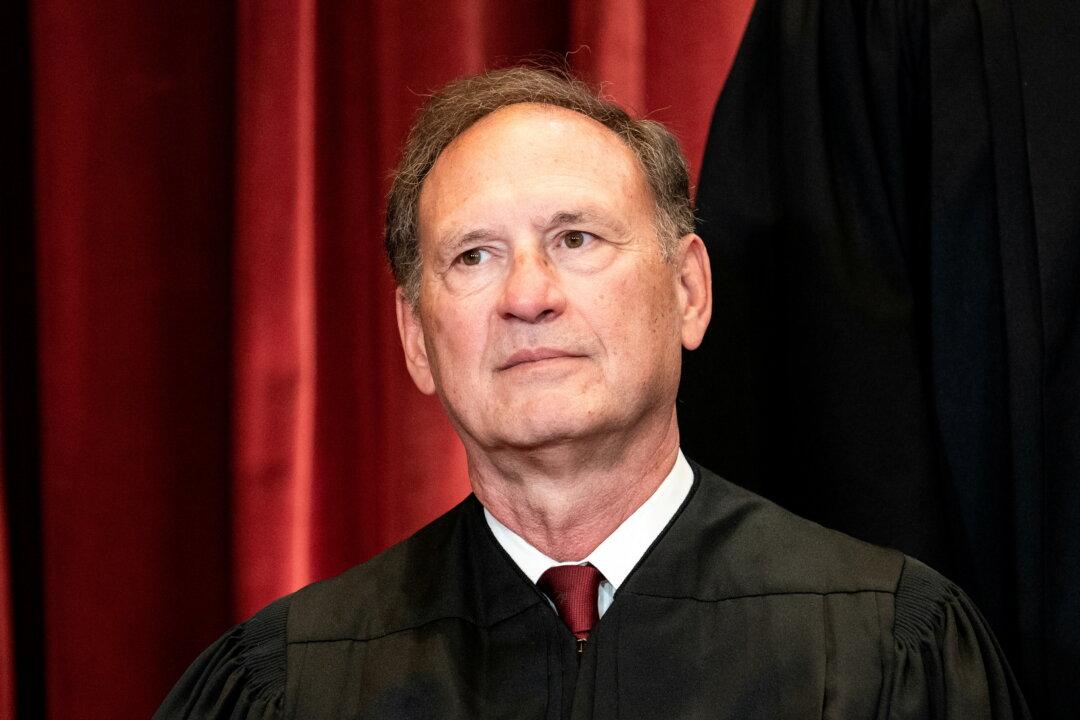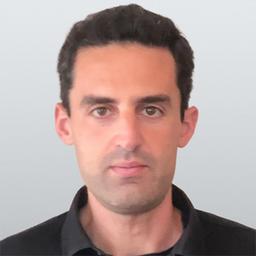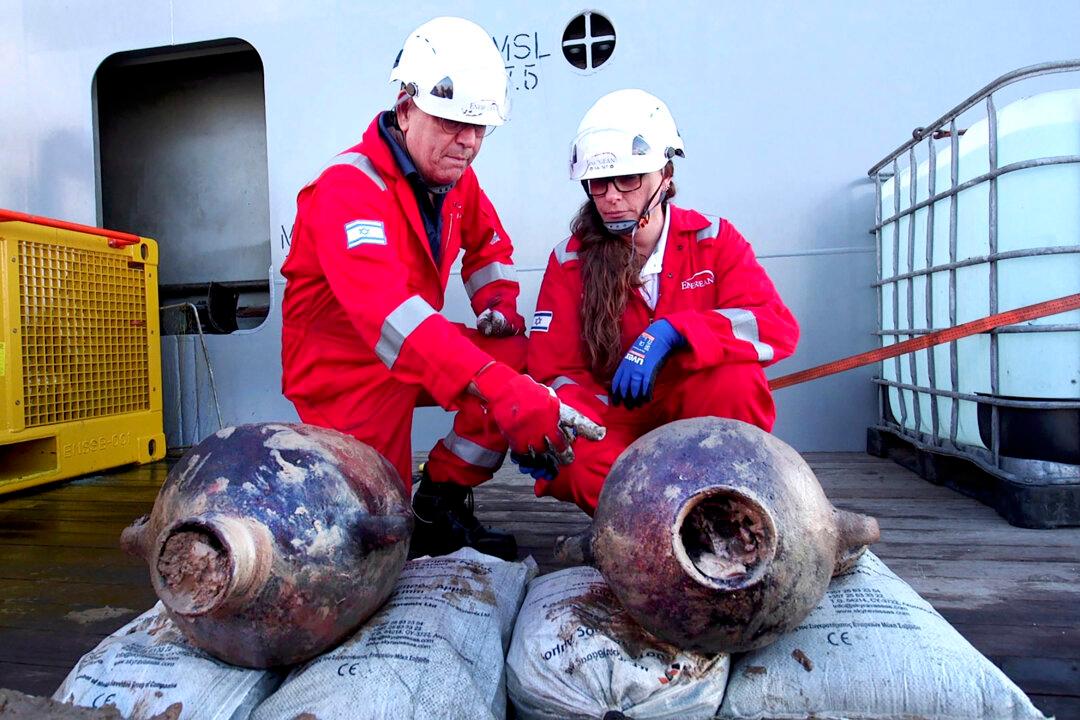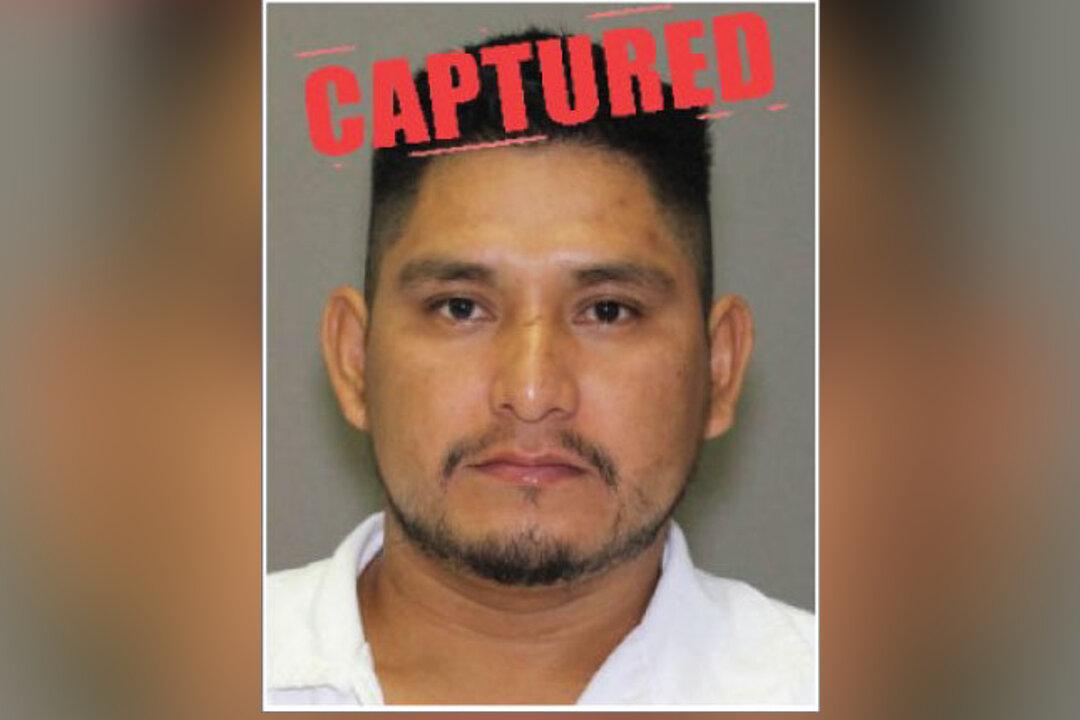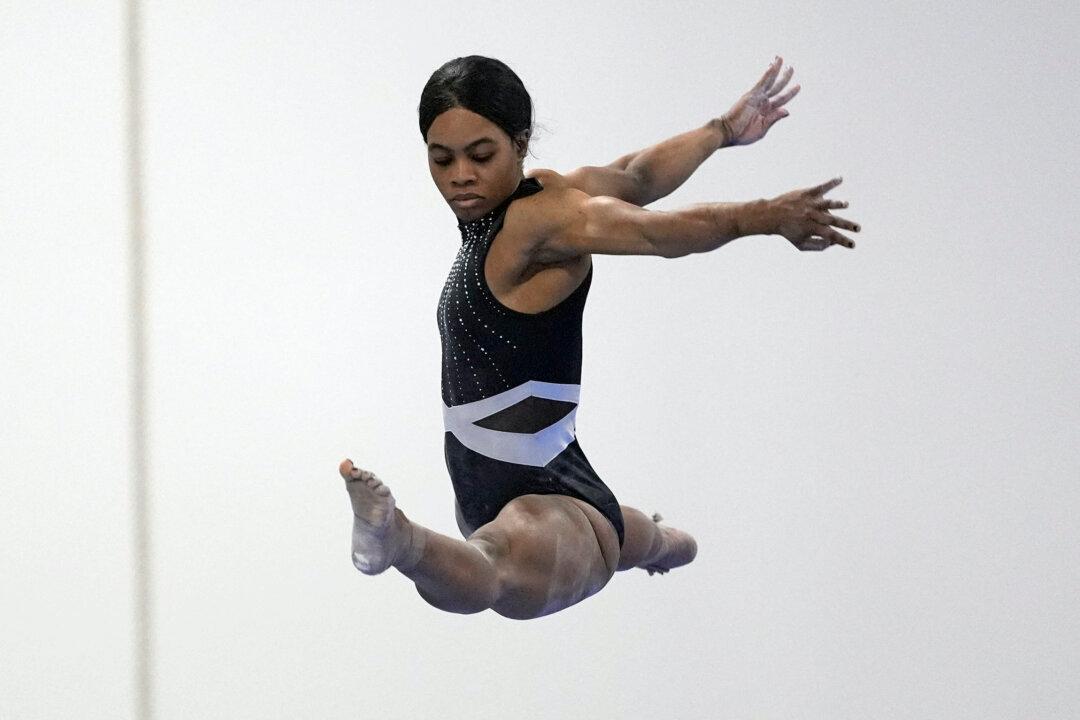Supreme Court Justice Samuel Alito wrote a piece in Wall Street Journal on Tuesday defending his decisions not to disclose a paid Alaska trip in 2008 and not to recuse on a Court case in 2014, related to the person who paid for the transportation. Alito’s article came hours before the publication of a news article on that issue from ProPublica.
ProPublica published a piece on Wednesday with details about the 2008 fishing trip to Alaska, for which Justice Alito flew with a private jet, on a flight that could cost $100,000 if Alito chartered the plane himself, according to the article. The flight was paid by billionaire entrepreneur Paul Singer. Alito then received hospitality at King Salmon Lodge for three nights, a hotel that today charges from $400 to $1000 per day, according to its website.
